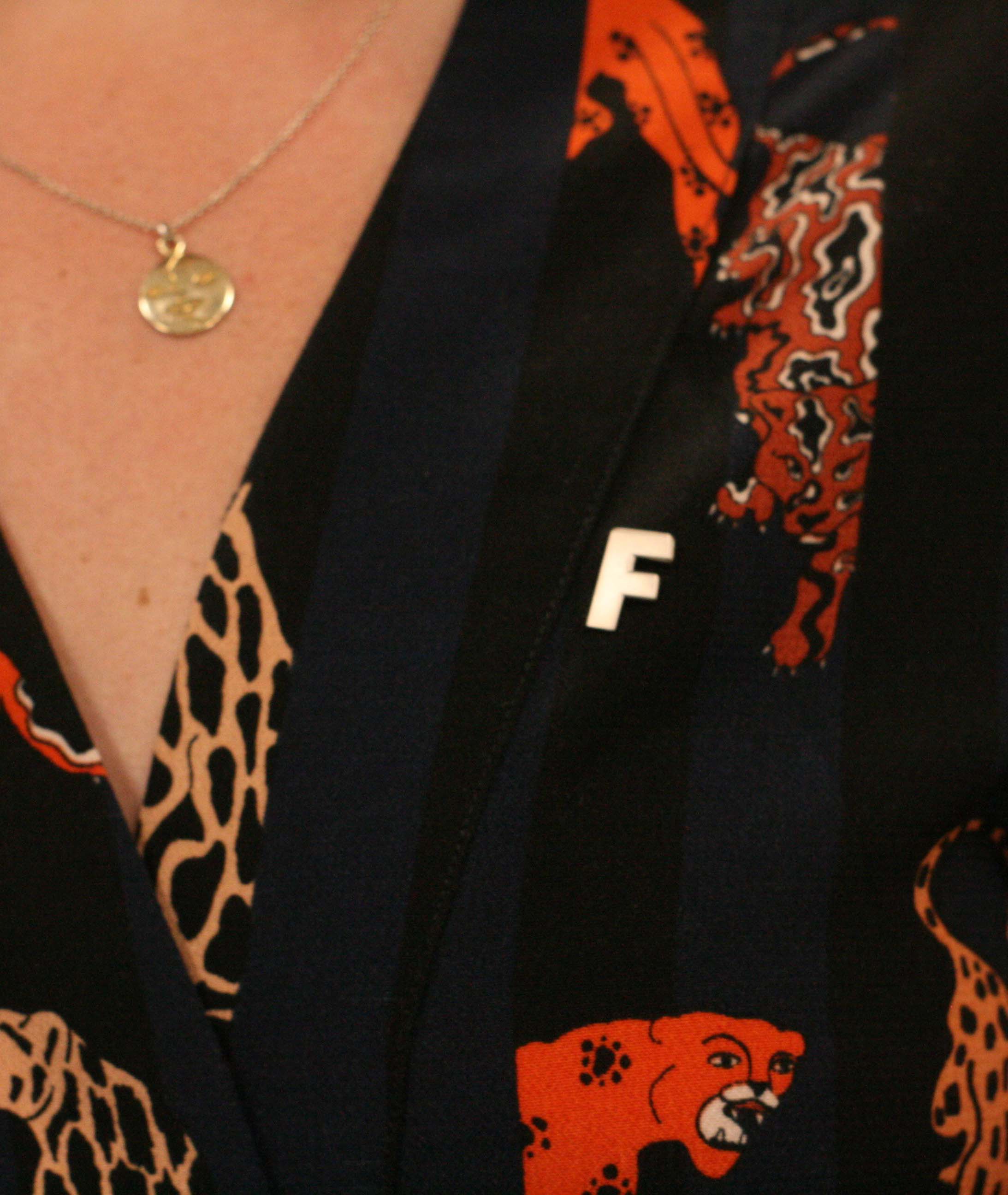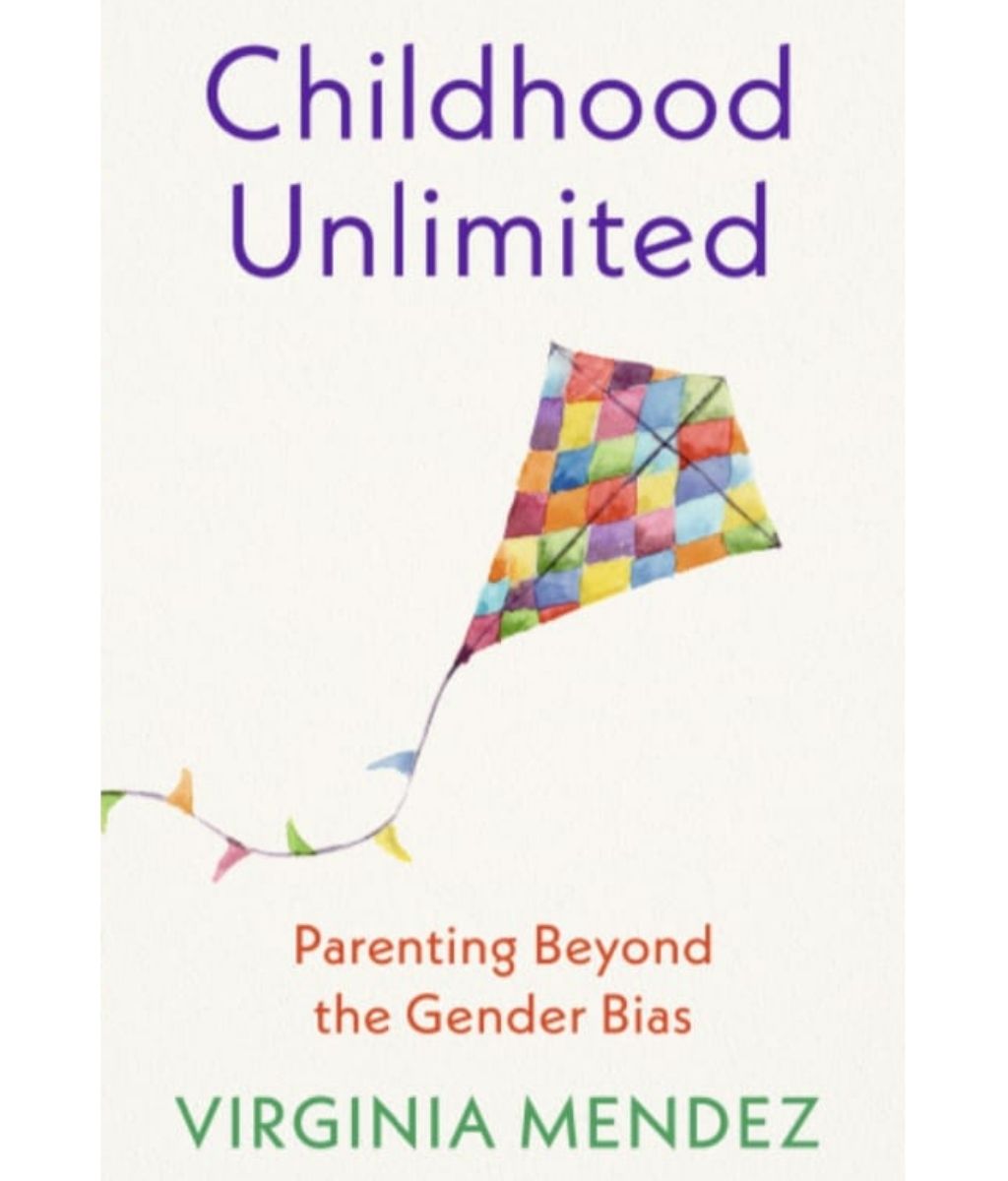I am a deep believer in normalising things associated with stigma - by doing so we take away the solitude that makes everything worse.
I have an eating disorder, I have taken medication to regulate anxiety, I had a miscarriage and I don't always love being a mother. From the 4 of them, all true, the one I am most ashamed to recognise publicly is the last one.
I was extremely lucky. Despite having all the ingredients to have postnatal depression (or even baby blues) with a birth completely different to my plan, previous episodes of poor mental health and the fact of being far from my own culture and language, I didn't suffer from any of it. Not the same luck for one-fifth of the mothers.
Because I haven't experienced it first hand, I don't feel equipped to talk about maternal mental health (but don't worry, the Internet is full of people that can!) but I can certainly speak about the pressure that society puts on women and motherhood, which ultimately plays a huge role in maternal mental health.
Obviously, most women are biologically equipped to be mothers, but from this basis we have somehow managed to design a completely fucked up system in which we are told, from the moment that we are born, that we are meant to be mothers, that only when we are mothers we will be complete, that pregnancy is the happy end of your movie. And that lie hurts us all on so many levels, in so many different stages of our life.
I always wanted to be a mum, I never thought of not being one, and I don't regret having become one, but since then I have made my personal goal in life to avoid perpetuating that pressure on other women.
I struggled to get pregnant, it hurt every month, the arrival of every new period made me cry. And while I was going through that I had to politely smile at all the people asking me when I was going to have kids. I imagine it's the same rehearsed smile that my sister, who has never wanted kids, has to give to people who say "you will change your mind" as if somehow they know better.
I think I still had rice in my hair from the wedding (is this everywhere or just a spanish tradition?) when that 'when are you having kids?' question started to be present in far too many conversations. Because that is what we do... to women, we always ask them for what they don't have, always defining them for what they are not yet. Do you have a boyfriend yet? Are you going to get married soon? Are you going to get pregnant? Are you going to give little Jo a sibling? It's never about enjoying the phase we are at the minute, or even respecting our contemporary struggle, it's about what comes next, it's about completing the milestones that have been established and repeated to us in the name of nature, ideally in the right order, ideally at the right speed. You will be expected to justify deviating from the set path, you will need to prove twice as hard that you are happy, or assume, if you are not, that you brought it on yourself.
Do we ask those questions to men? That often? Are they also left with that feeling of judgement and emptiness?
I had a miscarriage. It was the worst time of my life and I felt alone. I felt that people were uncomfortable around my sadness, around my pain. 25% of pregnancies end up in miscarriages, yet everyone seemed to be doing and saying things that only made my experience worse. Why don't we talk about it? Why don't we normalise it? Why are we told not to share our happiness with anyone until the danger is over so in case something goes wrong so we can grieve alone? We can feel the shame alone, hide it in under the carpet and if we are not in the best place maybe even blame ourselves and add guilt to the pain...
I got pregnant. Finally. The good news I wanted, that everyone else demanded. I was scared and excited. I didn't love being pregnant, not that I had a bad pregnancy, and not that I didn't enjoy the beautiful parts, but overall I didn't think it was pleasant. Although I would have never given up the first one, I would have happily let Chris take care of the second pregnancy, if he could. "Pregnant women glow" "You are so neat" "Can I touch your belly?" "You are going to miss it" Seriously? We can do better. Also for the other women in the room that might experience a completely different pregnancy yet be saddled with those expectations.
I believe in full truths, and because the world doesn't seem to tell us everything and it focus only in the amazing and positive of motherhood I feel like is my duty to empathise with the other half, which makes me sound bitter and kids-hater and I definitely feel judged.
I know some people get uncomfortable when I talk about some of the horrors of being a mother, and I fight my urge to add a disclaimer "but it is worth it" "but I love them very much" and while I bite my tonge I am reassured that I need to speak up even more. I know nobody expects Chris to justify himself about complaining, in fact, people seem to freely dish out "best-dad medals" to any man who is amazing enough to be a relatively co-responsible parent.
We need the whole truth, and if something, we need to reunite and team up around the hard parts. Nobody can take away the good things, those are yours, there is no scary narrative that will steal those precious moments, but by being sold a one-sided version of the story we are left with a feeling of loneliness, and failure, and overwhelmedness. Why does everyone else love it all the time? Why did nobody tell me about crying of exhaustion? Why wasn't I ready to miss myself so much? What am I doing wrong? What if I am not a good mother? It seems that motherhood is always about being the best, never about being enough.
Suicide is the biggest cause of death of mothers in the first year after giving birth. We are failing those women. We have been promising them endless happiness and cuddles and immediate infinite love and societal approval and haven't prepared them for the other truths. And we are leaving them at their own luck, with magazines full of famous women leaving the hospital in heels and a size 6 and social media full of parents defending every decision they make in their parenting as if it were a cult. By the time you have landed in the new reality you have to get ready for the polite smile when people ask "when is the second one coming?"
May is maternal Mental Health Awareness Month, and we need a month. We need a reminder every time we talk to a woman in her fertile age to shut up and ask about the things that make her who she is now. How is work? Any trips planned soon? What are you watching at the minute? We need a whole month to understand that we can't impose our presence on any new mother and when we go visit them, we are not there to hold the baby and be served. We get up, make the tea, offer help, listen. The baby won't remember us, but those visits can add up to the mental health problem or lift a weight, is on us to chose which one. We need a month so we can all remember to have sympathy, to stop judging, to offer support, to fight the stigma.
If you are interested in the topic here are a couple of interesting links:
- Interview with a psychiatrist about the impact of maternal mental health during this pandemic.
- Plan to support your maternal well-being











0 comments